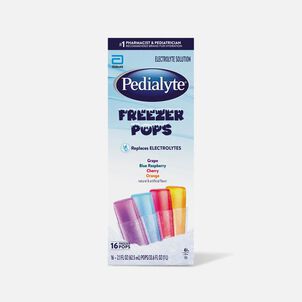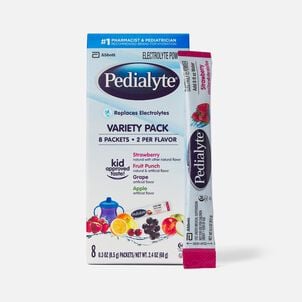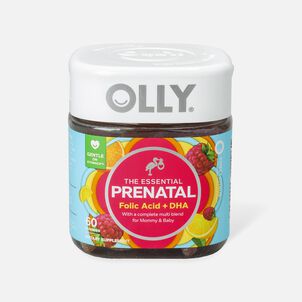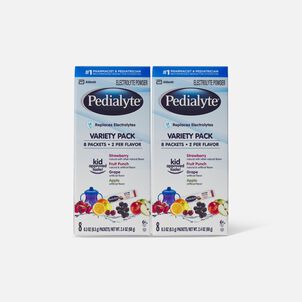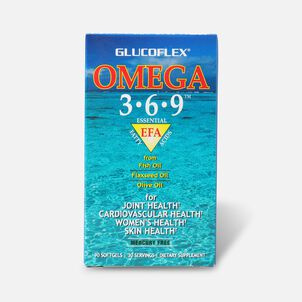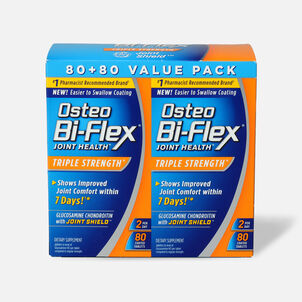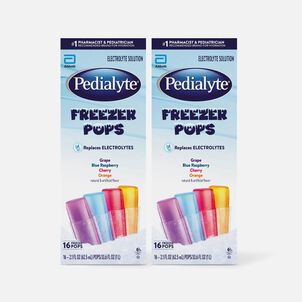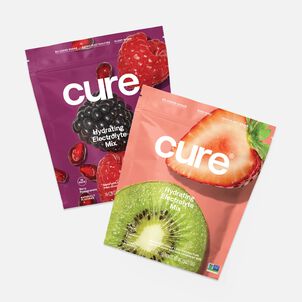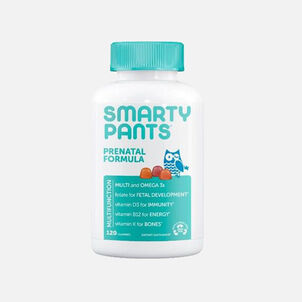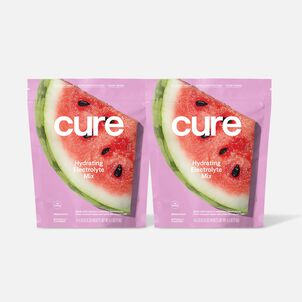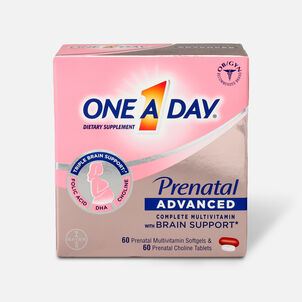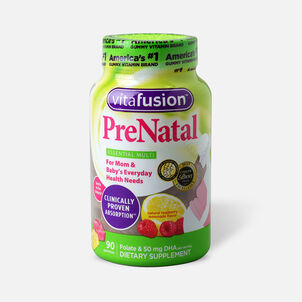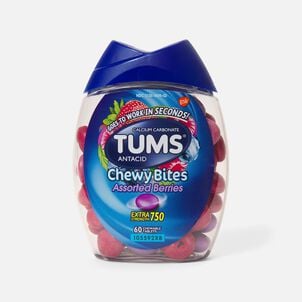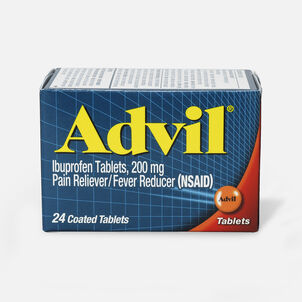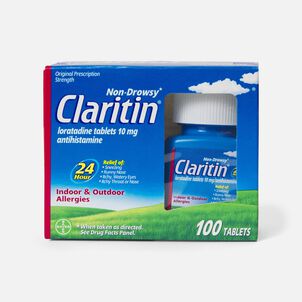It's a common question we receive from consumers each and every flexible spending account (FSA) plan year: Are vitamins FSA eligible? After all, FSAs were designed to help you cover the health and wellness products you need to keep your family healthy year-round, so why wouldn't vitamins be covered under this benefit?
Today, the only vitamin supplements covered by FSAs and health savings accounts (HSAs) are glucosamine and chondroitin supplements for joint pain issues, and prenatal vitamins to help prevent birth defects and complications. As for daily multivitamins, specific vitamins and mineral supplements, and more that millions of Americans take every day, nearly all are not eligible and require a Letter of Medical Necessity (LMN) from a health professional and approval from an FSA administrator to purchase.
If you think it sounds like something is missing from FSA/HSA eligibility, you're not alone. Vitamin supplements have been among the most talked about exclusions from FSA/HSA eligibility for decades, and year after year there seems to be a bill introduced in Congress that would expand eligibility to include these types of supplements, but they never seem to get across the finish line.
Let's examine the question of why vitamins are excluded from FSA/HSA eligibility, recent efforts to make them approved expenses, and what everyday account holders can do to lend their voices to this important issue.
Vitamin supplements and FSA/HSA eligibility
Every medical product or service covered by tax-advantaged funds must adhere to the IRS's definition of "qualified medical care," set forth in IRS 213(d):
"The term "medical care" means amounts paid for the diagnosis, cure, mitigation, treatment, or prevention of disease, or for the purpose of affecting any structure or function of the body."
That may seem like a straightforward definition, but it certainly gives a lot of wiggle room with what could be covered under an FSA/HSA. The central idea here is that for a product or service to be FSA eligible, it must assist in the treatment of a medical condition. That helps to explain why glucosamine/chondroitin supplements and prenatal vitamins are covered: the former plays a direct role in treating joint pain conditions, the latter has a proven role in supporting optimal nutrition for mother and child during pregnancy, which is considered a medical condition.
But for all the people out there who take iron supplements for anemia, melatonin to assist with sleep, fish oil capsules to boost heart health and more - all products that are not currently FSA/HSA eligible - may be wondering: "Why are the very products I use to manage my medical condition not covered by my benefit?"
Today the IRS considers products like daily multivitamins, fitness expenses, and more everyday wellness products as "general health" items and not directly assisting in the treatment of a medical condition. Account holders have some leeway in being able to obtain an LMN from a healthcare professional and submitting a claim with their benefits administrator, but many only learn about this information by trying to purchase a product with their FSA/HSA dollars and finding out it has been declined. And if you've ever experienced that before, you know just how confusing it can be!
Vitamin supplements and movement on Capitol Hill
Thankfully, FSAs are having their moment right now as millions of Americans turn to these accounts to cover medical necessities in the midst of the COVID-19 public health crisis. Over the past year, FSAs have seen a wealth of major changes on the legislative level. The CARES Act passed in March 2020 opened up over-the-counter medicines (without a prescription) and menstrual care products to full FSA eligibility, and further flexibility was given to account holders as a result of the passage of the Consolidated Appropriations Act 2021. The time is now for legislative action, and vitamin supplements are getting their due as well.
Lawmakers have heard directly from their constituents and vitamin supplements continue to be among the most popular legislative provisions to expand these accounts. With industry efforts dating back as far as 2017 and new bills being introduced in Congress in 2021 (S.1654; HR 5214), there is bipartisan support for such a measure. The sheer fact that they're being introduced at all shows that lawmakers see the value that accounts like FSAs and HSAs provide and given how many Americans rely on vitamin supplements to support the treatment of acute and chronic conditions, the time is right to take a closer look at this product category.
What can I do to help?
As an FSA/HSA user, change at the legislative level starts with you!
We have created a home for FSA/HSA advocacy called TaxFreeBetter.com, which lays out the opportunities for FSA/HSA expansion and the types of products and services that American families wish to cover with their tax-free dollars. With sections to look up your member of Congress and issue-specific form letters on areas of FSA/HSA expansion, it's a quick and easy way to lend your support to this important debate.
In 2021, most vitamins and supplements are still not covered by FSAs and HSAs. But if the past year has taught us anything, changes on the legislative level can happen on a dime and a public push for expansion does not fall on deaf ears on Capitol Hill.
-
Thanks for visiting the FSA Learning Center! To stay on top of all FSA news that can affect your health and financial wellness, be sure to follow us on Facebook and Twitter.


